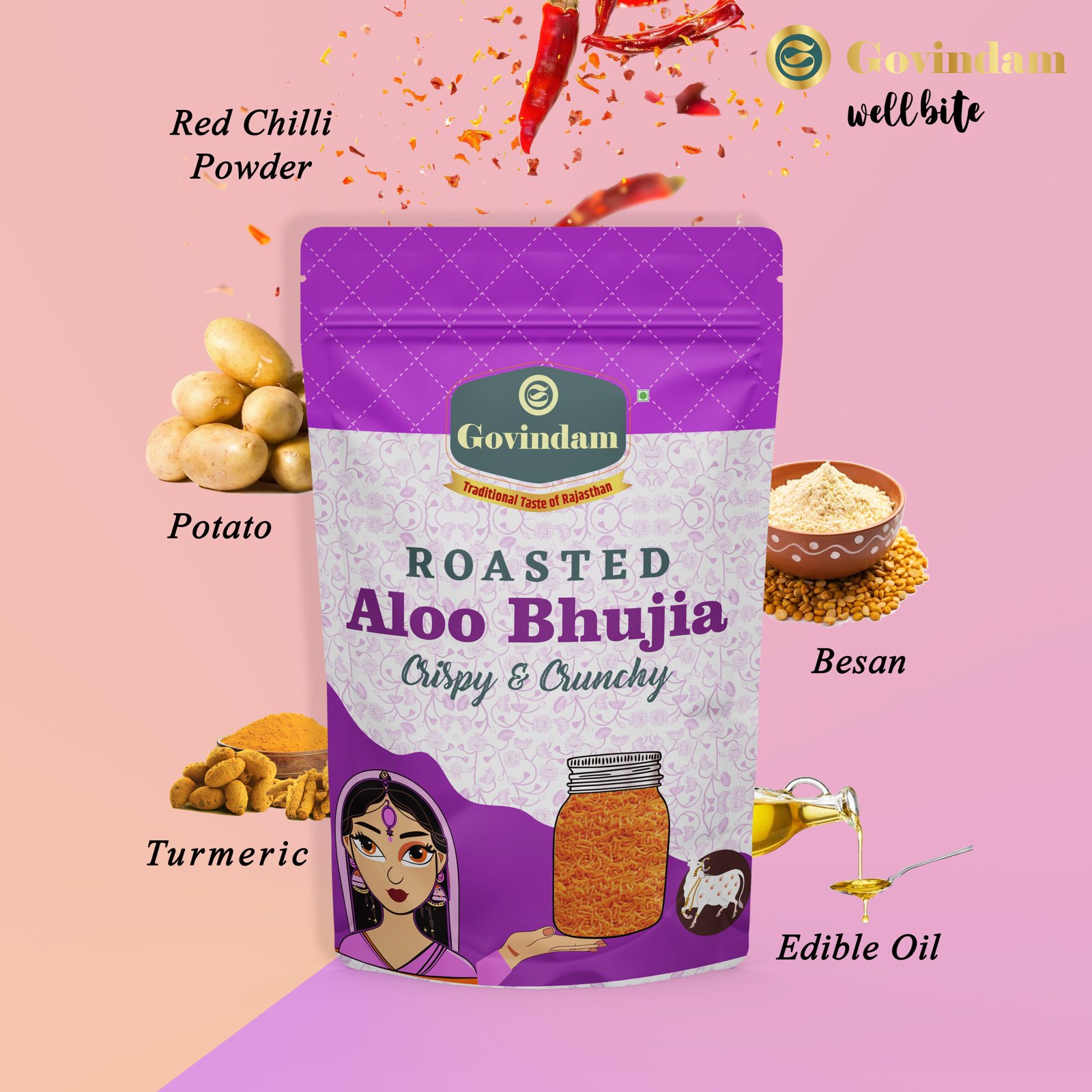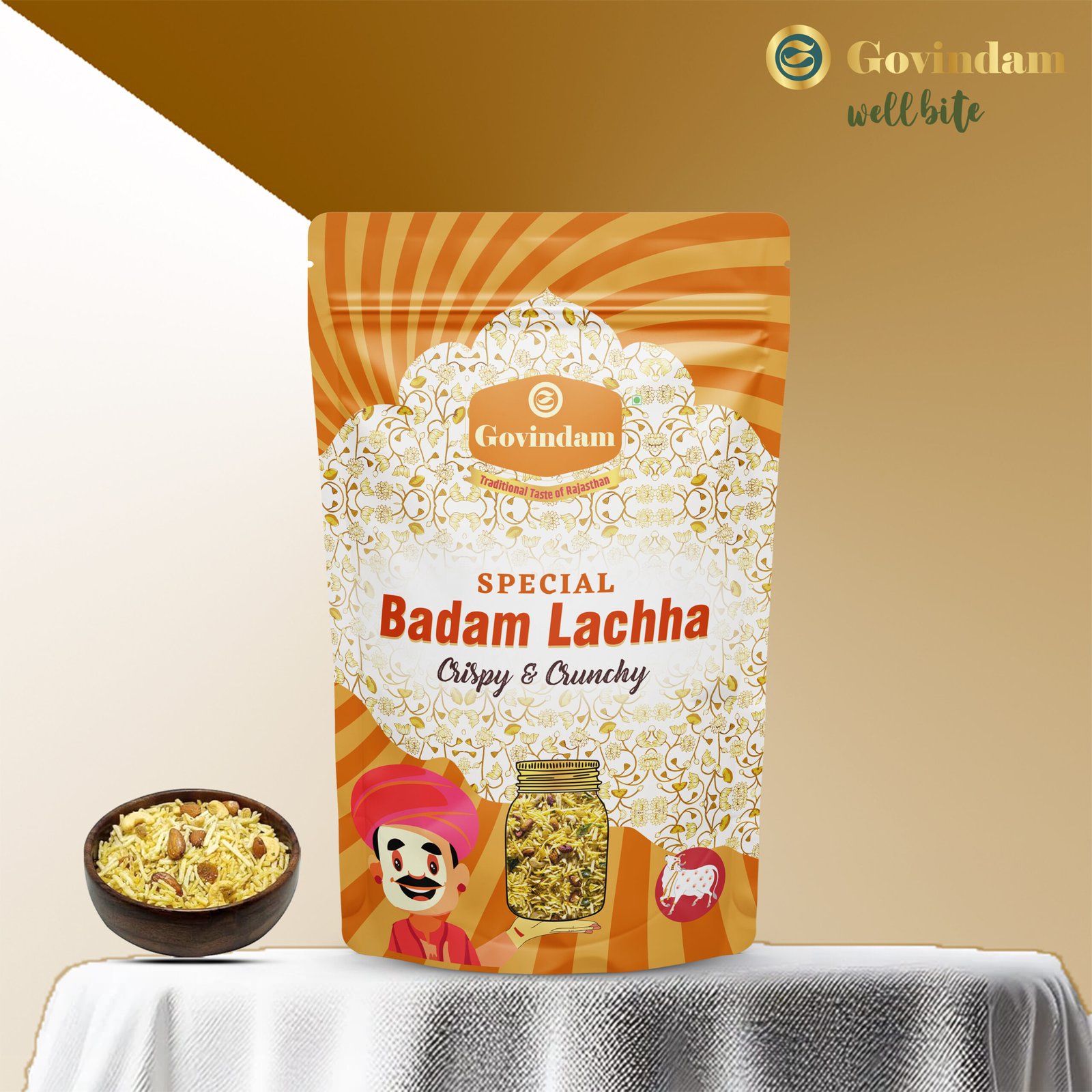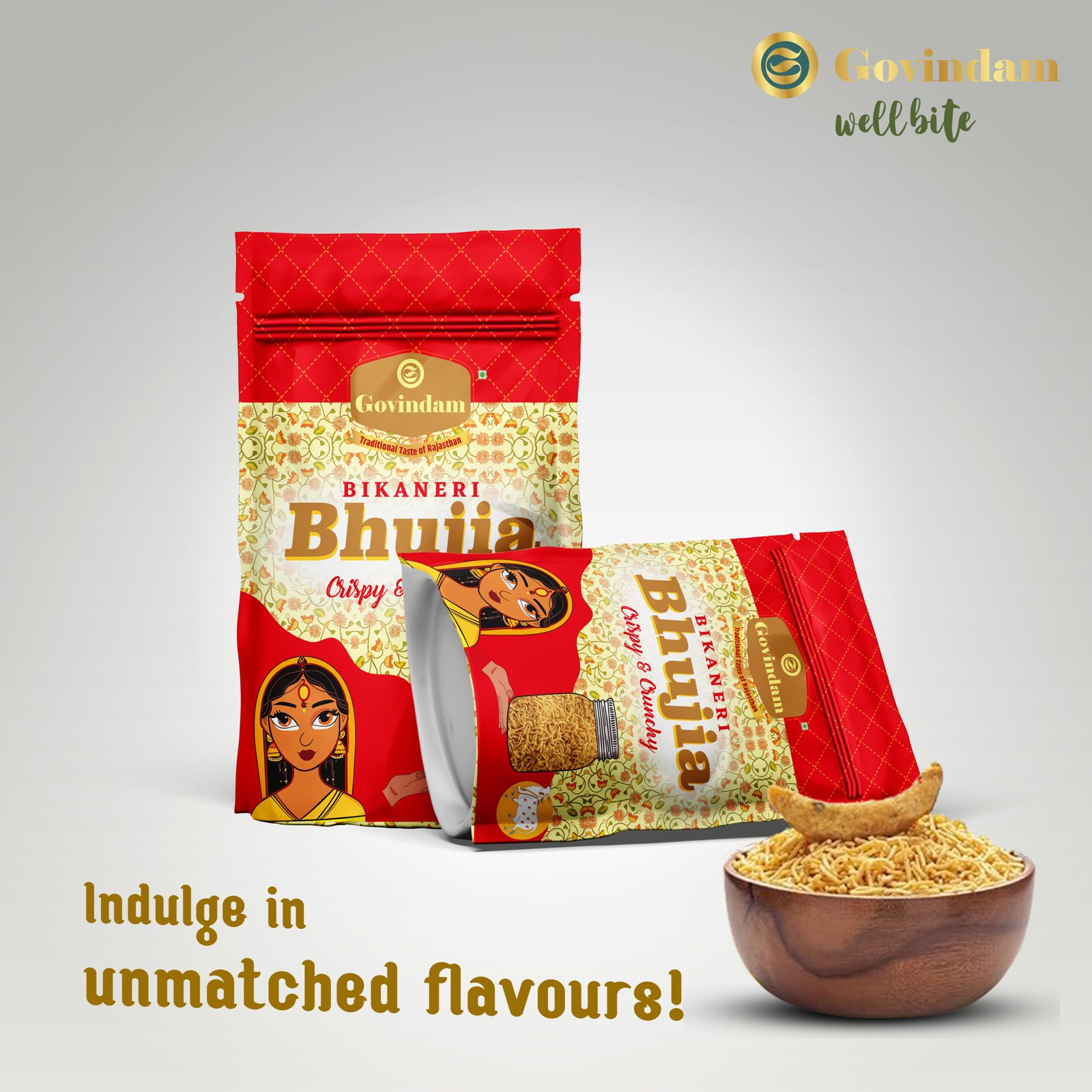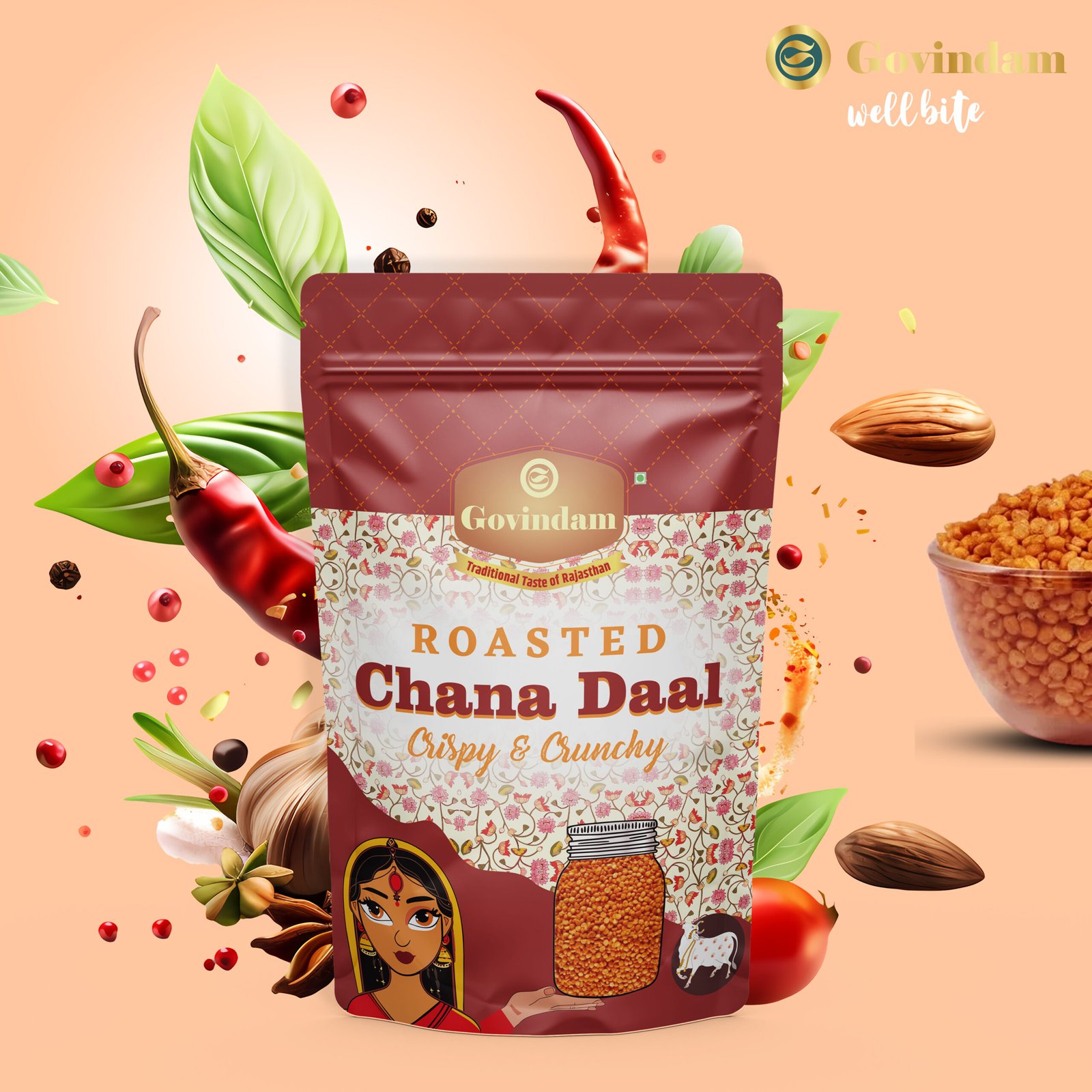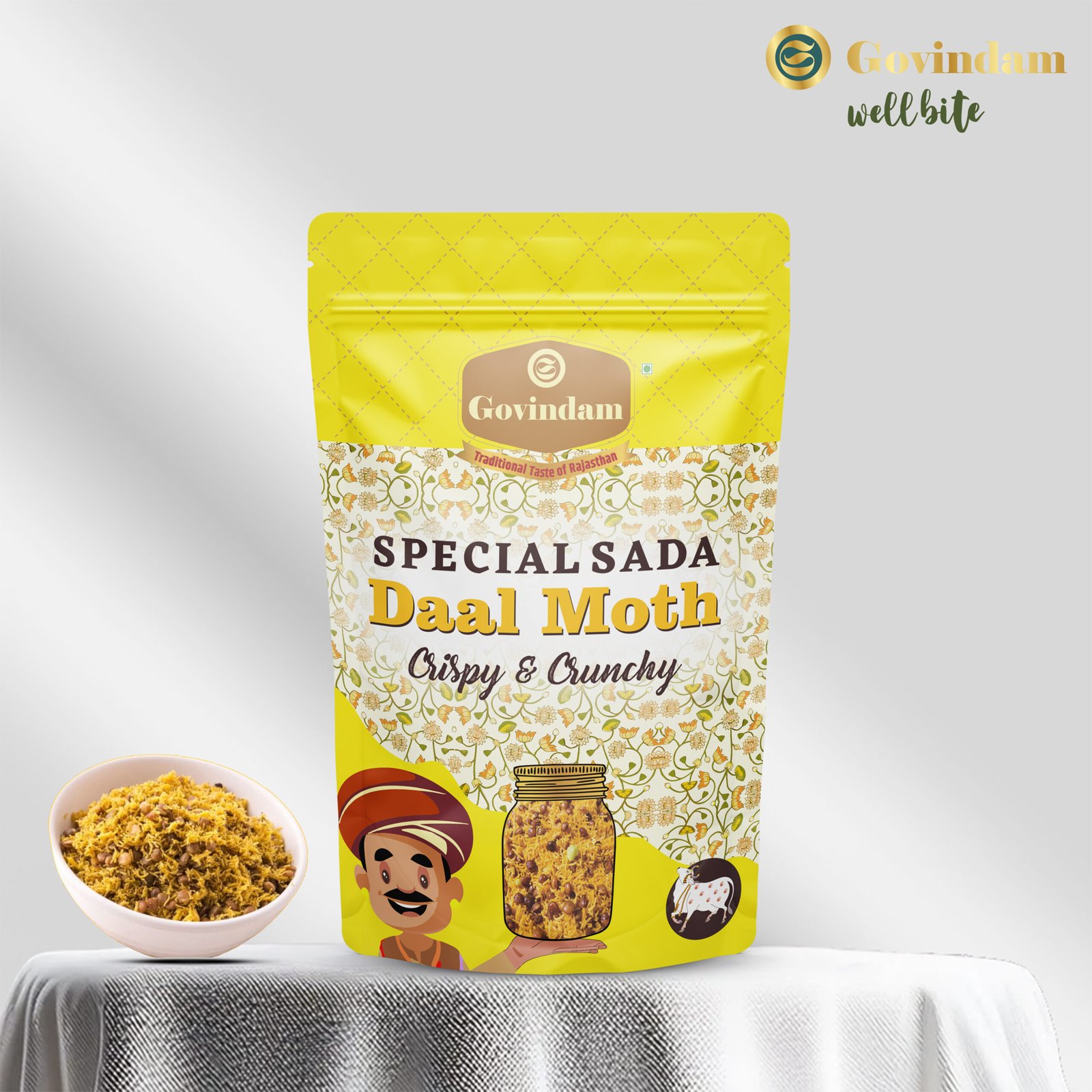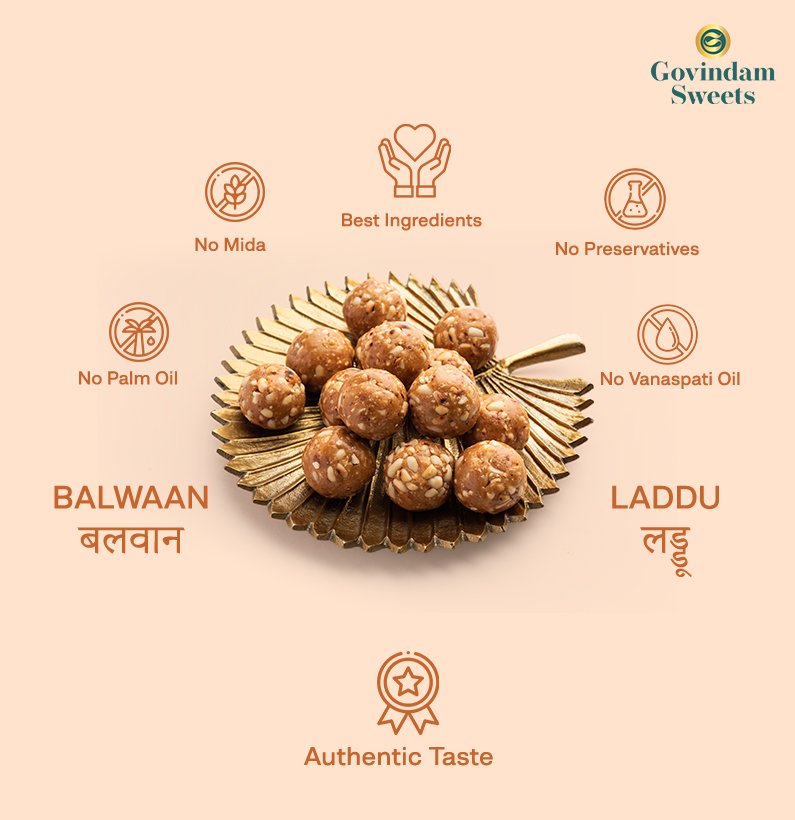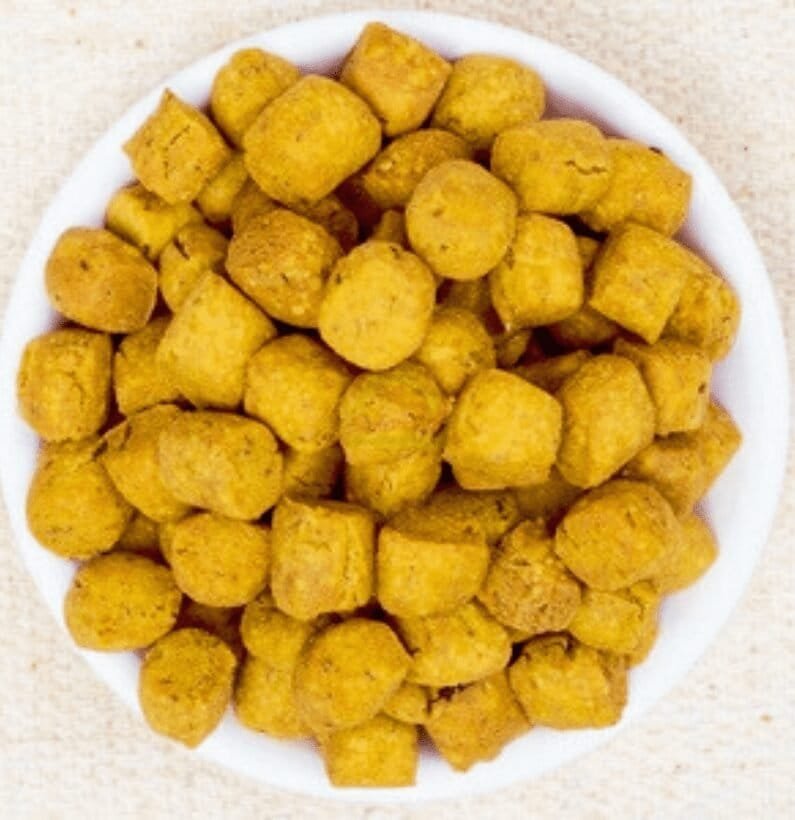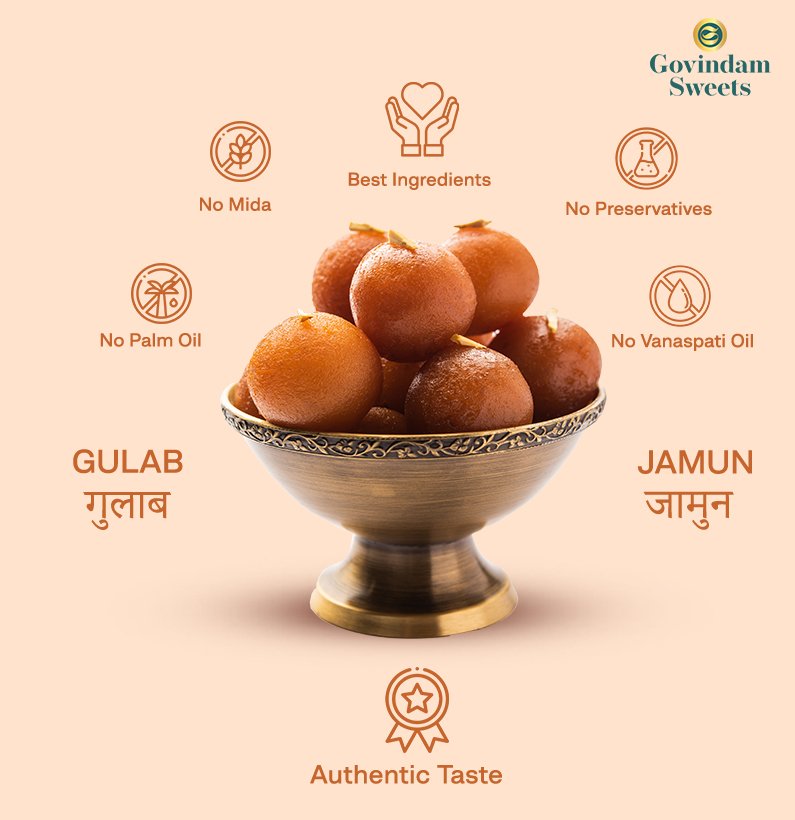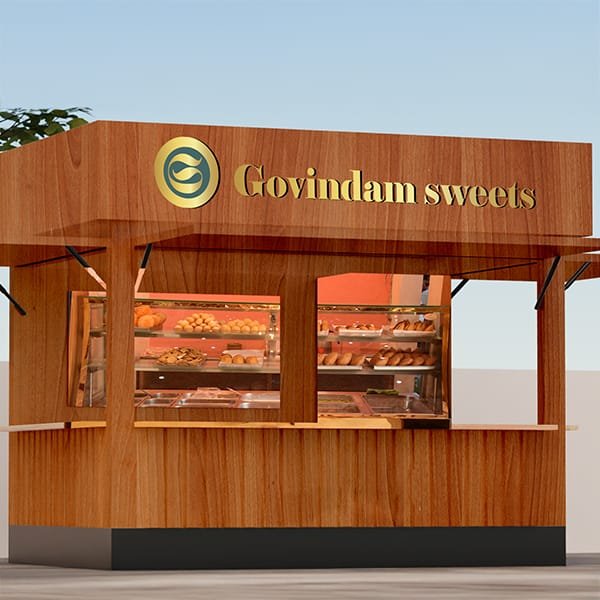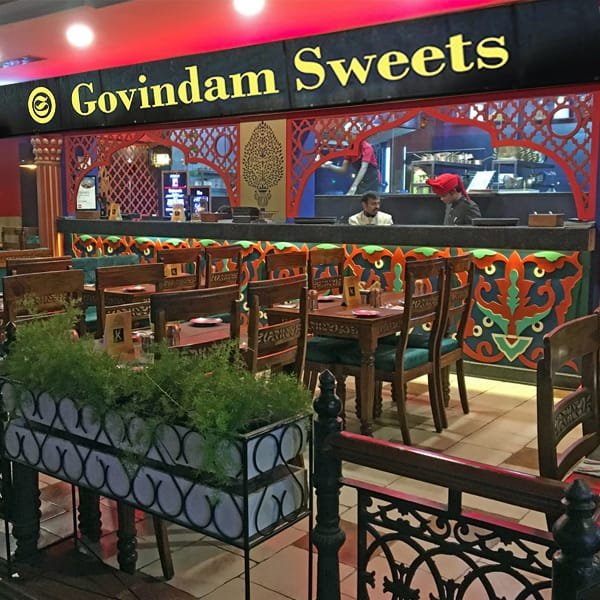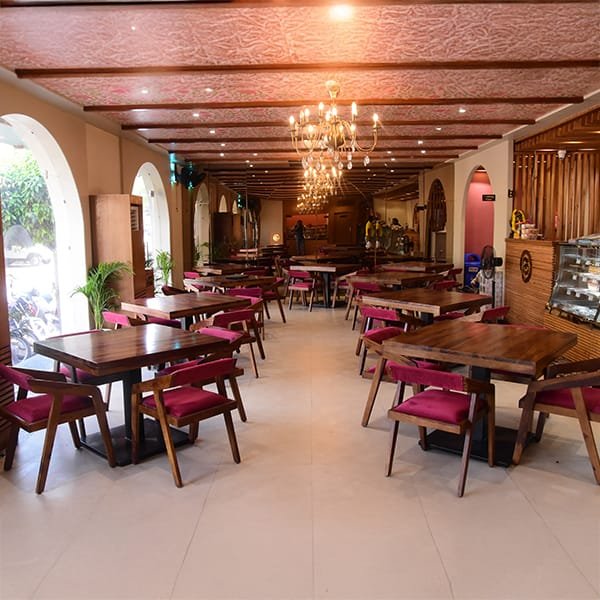
Posts
Indian Sweet Shop SA: Complete Setup Guide 2024

Discover everything needed to establish a successful Indian sweet shop SA. This comprehensive guide covers business registration, location selection, supplier networks, equipment requirements, menu planning, marketing strategies, and financial considerations for entrepreneurs ready to enter the thriving South African Indian sweets market.
Table of Contents
- Understanding the SA Indian Sweets Market
- Legal Requirements and Business Registration
- Location Selection and Store Setup
- Essential Equipment and Kitchen Setup
- Supplier Networks and Ingredient Sourcing
- Menu Planning and Product Selection
- Staffing and Training Requirements
- Marketing Strategies for Indian Sweet Shops
- Financial Planning and Investment Requirements
- Technology Integration and Modern Operations
- Quality Control and Food Safety
- Seasonal Strategies and Festival Marketing
- Growth and Expansion Opportunities
- Frequently Asked Questions
Understanding the South African Indian Sweets Market
The Indian sweet shop SA market represents a vibrant and growing segment of South Africa’s diverse culinary landscape. With over 1.3 million people of Indian origin calling South Africa home, the demand for authentic indian sweets near me continues to expand beyond traditional communities.
Current Market Dynamics
South Africa’s indian sweet shop industry has experienced remarkable growth in recent years. The market serves not only the established Indian diaspora but increasingly appeals to diverse communities seeking unique dessert experiences. Major metropolitan areas like Johannesburg, Cape Town, and Durban show particularly strong demand for indian sweet store near me options.
The india sweet shop near me search trend has increased by 35% over the past two years, indicating growing consumer interest. This surge reflects both the expansion of Indian communities and increasing cultural appreciation among non-Indian South Africans.
Market Opportunities
Several factors make establishing an indian sweet shop particularly promising in South Africa:
- Growing multicultural appreciation for diverse cuisines
- Festival celebrations creating seasonal demand spikes
- Wedding and event catering opportunities in Indian communities
- Tourism market seeking authentic cultural experiences
- Limited competition in many suburban and smaller city markets
Consumer Preferences
Research indicates South African consumers prefer indian sweet store establishments that offer both traditional favorites and modern presentation styles. Popular categories include milk-based sweets like gulab jamun and rasgulla, dry fruit sweets, and festive specialties.
Legal Requirements and Business Registration
Establishing your Indian Sweet Shop SA requires navigating several regulatory requirements specific to food businesses in South Africa.
Business Registration Process
- Company Registration with CIPC – Register your business entity through the Companies and Intellectual Property Commission
- Tax Registration – Obtain your tax clearance certificate and VAT registration if applicable
- Municipal Business License – Apply for local trading licenses through your municipal authority
- Food Handler’s Permits – Ensure all staff obtain required food safety certifications
Health Department Compliance
Your indian sweet shop near me must meet stringent health department standards:
- Food premises registration with local health authorities
- Regular health inspections scheduled quarterly
- Water quality certificates for all water used in production
- Waste disposal compliance according to municipal regulations
Industry-Specific Permits
Food businesses require additional certifications:
- Food Safety Management System certification
- HACCP compliance documentation
- Allergen management protocols
- Import permits for specialty ingredients from India
According to the Department of Health’s latest guidelines, food establishments must maintain detailed records of all ingredients, preparation methods, and distribution channels. This requirement particularly affects businesses importing specialty items common in all indian sweets & snacks operations.
Location Selection and Store Setup
Choosing the optimal location for your indian sweet store near me significantly impacts long-term success. South African demographics and shopping patterns require careful consideration.
Prime Location Characteristics
Successful indian desserts near me shops typically thrive in areas with:
- High Indian population density – Areas like Chatsworth in Durban, Lenasia in Johannesburg
- Shopping center anchors – Locations near grocery stores and pharmacies
- Festival accessibility – Easy access during Diwali, Eid, and other celebrations
- Parking availability – Essential for customers purchasing large quantities
Store Layout and Design
Your indian sweet shop layout should maximize both production efficiency and customer experience:
Customer Area (40% of space)
- Display cases with temperature control for different sweet types
- Comfortable queue management system
- Gift packaging and weighing stations
- Cultural décor that enhances the authentic experience
Production Area (50% of space)
- Separate preparation zones for different sweet categories
- Temperature-controlled storage for dairy-based products
- Packaging and labeling stations
- Staff changing and hand-washing facilities
Storage and Utilities (10% of space)
- Dry ingredient storage with pest control measures
- Refrigerated storage for perishables
- Cleaning supply storage
- Office space for administrative tasks
Technology Infrastructure
Modern pakistani mithai near me establishments require robust technology support:
- Point-of-sale systems with inventory tracking
- Security camera systems for food safety compliance
- Temperature monitoring systems for storage areas
- Wi-Fi capability for customer convenience and staff operations
Essential Equipment and Kitchen Setup
Establishing a professional bengali sweet near me production facility requires specialized equipment designed for traditional sweet preparation.
Core Production Equipment
Equipment TypePurposeInvestment Range (ZAR)Commercial MixerKneading dough and mixing ingredientsR15,000 - R35,000Deep FryersPreparing fried sweets like gulab jamunR8,000 - R18,000Cooking VesselsLarge-scale sweet preparationR12,000 - R25,000Refrigeration UnitsStorage of milk-based productsR20,000 - R45,000Display CasesCustomer-facing product presentationR18,000 - R40,000
Specialized Sweet-Making Tools
Traditional indian sweet shop operations require specific implements:
- Brass and steel cooking pots in various sizes for different sweet types
- Wooden stirring implements that don’t conduct heat
- Straining equipment for achieving perfect textures
- Molds and shaping tools for consistent product presentation
- Packaging machinery for hygienic product wrapping
Safety and Compliance Equipment
Food safety regulations mandate specific equipment:
- Hand-washing stations with foot-operated controls
- Fire suppression systems suitable for kitchen environments
- First aid stations easily accessible to all staff
- Cleaning and sanitization equipment for daily operations
Professional indian sweet store near me establishments typically invest R150,000 to R300,000 in initial equipment, depending on production scale and automation level.
Supplier Networks and Ingredient Sourcing
Successful Indian Sweet Shop SA operations depend heavily on reliable supplier relationships for authentic ingredients.
Primary Ingredient Categories
Dairy Products
- Fresh milk from certified local dairies
- Paneer and khoya from specialty suppliers
- Ghee sourced from traditional producers
- Cream and condensed milk for specific recipes
Dry Ingredients
- Premium cashews, almonds, and pistachios
- Cardamom, saffron, and other spices
- High-quality flour varieties
- Sugar in different grades and types
Specialty Items
- Silver varq for premium sweet finishing
- Food coloring suitable for traditional sweets
- Rose water and other flavoring essences
- Traditional sweet molds and packaging materials
Local Supplier Networks
South Africa offers several established supplier networks for indian sweet shop ingredients:
Johannesburg Suppliers
- Fordsburg Market for bulk spices and dry fruits
- Indian grocery wholesalers in Lenasia
- Specialty dairy suppliers in surrounding areas
Durban Networks
- Chatsworth wholesale markets
- Direct relationships with local Indian farmers
- Import specialists for authentic Indian ingredients
Cape Town Options
- District Six heritage suppliers
- Halal-certified ingredient providers
- Organic and specialty food distributors
Import Considerations
Some authentic ingredients require importing from India:
- Specific spice blends not available locally
- Traditional sweet-making tools
- Specialized packaging materials
- Seasonal ingredients for festival sweets
Import duties and shipping costs typically add 25-40% to ingredient costs, making local sourcing preferable when quality standards can be maintained.
Menu Planning and Product Selection
Developing an appropriate product range for your indian sweets near me shop requires balancing traditional favorites with local preferences.
Core Sweet Categories
Milk-Based Sweets (40% of inventory)
- Gulab jamun – consistently highest seller
- Rasgulla and rasmalai for Bengali sweet enthusiasts
- Kalakand and milk cake for everyday consumption
- Kheer varieties for special occasions
Dry Fruit Sweets (25% of inventory)
- Kaju katli – premium positioning for gifting
- Badam barfi for health-conscious consumers
- Mixed dry fruit rolls for variety
- Coconut-based sweets for diverse dietary needs
Festival Specialties (20% of inventory)
- Diwali-specific sweets with seasonal packaging
- Eid celebrations favorites
- Christmas fusion options for broader market appeal
- Regional specialties for specific community events
Modern Fusion Options (15% of inventory)
- Chocolate-incorporated traditional sweets
- Sugar-free versions for diabetic customers
- Smaller portion sizes for casual consumption
- Contemporary presentation for younger demographics
Pricing Strategy
Your indian sweet store pricing should reflect both cost considerations and market positioning:
- Premium traditional sweets: R180-250 per kg
- Standard daily varieties: R120-180 per kg
- Festival gift packages: R80-150 per box
- Individual serving sizes: R8-15 per piece
Seasonal Menu Adjustments
Successful indian desserts near me shops adapt their offerings throughout the year:
Summer Focus (October-March)
- Lighter, milk-based sweets
- Chilled sweet options
- Fresh fruit incorporation
- Refreshing flavors like rose and cardamom
Winter Emphasis (April-September)
- Richer, ghee-based preparations
- Warming spices like ginger and cinnamon
- Heartier sweet options
- Traditional festival preparations
Staffing and Training Requirements
Operating a successful pakistani mithai near me establishment requires skilled staff trained in traditional preparation methods and modern food safety practices.
Essential Staff Positions
Head Sweet Maker (Halwai)
- Minimum 5 years traditional sweet-making experience
- Knowledge of temperature control and timing
- Ability to maintain consistency across batches
- Starting salary: R18,000-25,000 monthly
Assistant Sweet Makers (2-3 positions)
- Basic sweet preparation skills
- Willingness to learn traditional techniques
- Food safety certification required
- Starting salary: R8,000-12,000 monthly
Customer Service Staff
- Bilingual capabilities (English and Hindi/Tamil/Gujarati)
- Knowledge of sweet varieties and ingredients
- Cash handling and POS system operation
- Starting salary: R6,000-9,000 monthly
Training Program Components
Traditional Technique Training (80 hours)
- Proper cooking temperatures and timing
- Ingredient quality assessment
- Traditional tool usage and maintenance
- Recipe scaling and batch management
Food Safety Certification (40 hours)
- HACCP principles application
- Personal hygiene standards
- Equipment sanitization procedures
- Allergen awareness and management
Customer Service Excellence (20 hours)
- Product knowledge and recommendations
- Cultural sensitivity training
- Gift packaging and presentation
- Complaint resolution procedures
Ongoing Development
Maintain staff excellence through:
- Monthly skill assessment and improvement sessions
- Participation in Indian cultural food festivals
- Advanced training with visiting traditional sweet makers
- Cross-training for operational flexibility
Most all indian sweets & snacks establishments find that investing in comprehensive staff training reduces waste, improves consistency, and enhances customer satisfaction significantly.
Marketing Strategies for Indian Sweet Shops
Effective marketing for your indian sweet shop near me requires understanding both traditional community networks and modern digital marketing approaches.
Community-Based Marketing
Temple and Religious Center Partnerships
- Sponsor prasad for festivals and special occasions
- Participate in temple food festivals and cultural events
- Offer special discounts for religious celebration orders
- Build relationships with community religious leaders
Cultural Event Participation
- Set up stalls at Diwali celebrations and melas
- Participate in wedding exhibitions and bridal shows
- Sponsor local Indian cultural society events
- Collaborate with dance schools and cultural centers
Word-of-Mouth Amplification
- Implement referral reward programs
- Provide exceptional service that encourages recommendations
- Maintain consistent quality that builds reputation
- Engage with community influencers and food bloggers
Digital Marketing Strategies
Search Engine Optimization
- Target keywords like “indian sweet store near me” and “indian desserts near me”
- Create location-specific content for different South African cities
- Optimize Google My Business listing with photos and customer reviews
- Develop content around festival celebrations and sweet traditions
Social Media Presence
- Instagram showcasing colorful sweet presentations
- Facebook community engagement with local Indian groups
- WhatsApp Business for order management and customer communication
- YouTube channel featuring traditional sweet-making processes
Online Ordering Platform
- User-friendly website with online ordering capability
- Integration with popular food delivery apps
- Special online-only promotions and discounts
- Loyalty program for repeat online customers
Seasonal Marketing Campaigns
Festival-Focused Promotions
- Diwali gift package promotions starting 6 weeks before the festival
- Early bird discounts for bulk festival orders
- Social media contests featuring festival sweet photos
- Collaborative promotions with other Indian businesses
Wedding Season Marketing
- Partnerships with wedding planners and venues
- Tasting sessions for engaged couples
- Bulk discount packages for wedding celebrations
- Custom packaging options for wedding favors
According to industry research, bengali sweet near me searches increase by 400% during Durga Puja season, highlighting the importance of festival-timed marketing efforts.
Financial Planning and Investment Requirements
Establishing a viable Indian Sweet Shop SA requires careful financial planning and realistic investment projections.
Initial Investment Breakdown
CategoryInvestment Range (ZAR)Percentage of TotalEquipment and SetupR200,000 - R400,00040-50%Initial InventoryR50,000 - R100,00010-15%Store RenovationR100,000 - R250,00020-30%Licensing and LegalR15,000 - R30,0003-5%Marketing LaunchR25,000 - R50,0005-8%Working CapitalR60,000 - R120,00012-18%
Revenue Projections
Realistic indian sweet shop revenue expectations based on South African market data:
Year 1 Projections
- Monthly revenue: R180,000 – R300,000
- Gross margin: 55-65%
- Net profit margin: 8-12%
- Break-even timeline: 8-12 months
Growth Trajectory
- Year 2: 25-35% revenue increase
- Year 3: 40-60% cumulative growth
- Established operations: R450,000+ monthly revenue
Cost Structure Analysis
Variable Costs (45-55% of revenue)
- Raw materials and ingredients
- Packaging and presentation materials
- Delivery and transportation costs
- Transaction processing fees
Fixed Costs (25-35% of revenue)
- Rent and utilities
- Staff salaries and benefits
- Insurance and licensing fees
- Equipment maintenance and depreciation
Financing Options
Traditional Bank Loans
- Standard business loans with 12-15% interest rates
- Asset-based financing for equipment purchases
- Working capital lines of credit
- SBA-style small business support programs
Alternative Financing
- Community investment from local Indian business networks
- Equipment leasing options for major appliances
- Supplier credit arrangements for inventory
- Crowdfunding for community-supported businesses
Most successful india sweet shop near me establishments recommend maintaining 3-6 months of operating expenses in reserve before opening.
Technology Integration and Modern Operations
Contemporary indian sweet store near me operations benefit significantly from technology integration while maintaining traditional preparation methods.
Point of Sale Systems
Advanced POS Features
- Inventory tracking for perishable ingredients
- Customer preference recording for personalized service
- Sales analytics for demand forecasting
- Integration with accounting software
Popular POS Solutions for SA Market
- Vend POS – comprehensive retail management
- Lightspeed Retail – inventory-focused features
- Square POS – affordable for smaller operations
- Custom solutions for traditional sweet shop needs
Inventory Management
Ingredient Tracking Systems
- Real-time monitoring of dairy product freshness
- Automatic reordering for frequently used ingredients
- Waste tracking to optimize production quantities
- Cost analysis for pricing optimization
Production Planning Software
- Batch scheduling based on demand forecasts
- Recipe scaling for different production volumes
- Quality control checkpoints and documentation
- Staff scheduling optimization
Customer Relationship Management
CRM Implementation Benefits
- Customer preference tracking for repeat orders
- Festival notification systems for seasonal customers
- Loyalty program management and rewards
- Feedback collection and service improvement
Communication Platforms
- WhatsApp Business for order management
- Email marketing for festival promotions
- SMS notifications for order readiness
- Social media integration for customer engagement
Financial Management Technology
Accounting Software Integration
- Real-time profit and loss tracking
- Expense categorization for tax preparation
- Cash flow forecasting
- Integration with banking systems
Most all indian sweets & snacks businesses find that technology investment of 3-5% of revenue significantly improves operational efficiency and customer satisfaction.
Quality Control and Food Safety
Maintaining exceptional quality standards is crucial for indian sweet shop success and regulatory compliance in South Africa.
HACCP Implementation
Hazard Analysis Critical Control Points
- Temperature monitoring at all production stages
- Contamination prevention protocols
- Documentation requirements for traceability
- Regular system audits and improvements
Critical Control Points for Sweet Production
- Milk heating temperatures for safety
- Cooling processes for dairy-based sweets
- Storage temperature maintenance
- Packaging hygiene standards
Ingredient Quality Standards
Supplier Verification Process
- Regular quality audits of ingredient suppliers
- Certificate requirements for imported items
- Batch testing protocols for key ingredients
- Alternative supplier identification and qualification
Storage and Handling Protocols
- First-in-first-out rotation systems
- Temperature logging for refrigerated items
- Dry storage humidity control
- Pest control monitoring and prevention
Production Quality Measures
Consistency Standards
- Standardized recipes with precise measurements
- Training programs for traditional technique consistency
- Regular taste testing and quality assessment
- Customer feedback integration for improvement
Hygiene and Sanitation
- Daily cleaning schedules and checklists
- Staff hygiene training and monitoring
- Equipment sanitization protocols
- Environmental cleanliness standards
Quality Assurance Documentation
Record-Keeping Requirements
- Production batch records with timestamps
- Temperature logs for storage and production areas
- Cleaning and sanitization documentation
- Staff training and certification records
Traceability Systems
- Ingredient source documentation
- Production date and batch coding
- Distribution tracking for wholesale orders
- Customer complaint tracking and resolution
Regulatory Compliance
Health Department Inspections
- Quarterly inspection preparation protocols
- Corrective action procedures for violations
- Staff training on inspection requirements
- Documentation maintenance for compliance
According to Department of Health statistics, food businesses with comprehensive quality management systems experience 70% fewer compliance issues and significantly higher customer satisfaction ratings.
Seasonal Strategies and Festival Marketing
Successful indian desserts near me businesses recognize that festival seasons can generate 40-60% of annual revenue, requiring strategic planning and preparation.
Major Festival Calendar
Diwali Season (October-November)
- Pre-order campaigns starting 8 weeks prior
- Special gift packaging and presentation options
- Extended operating hours during peak week
- Bulk discount programs for corporate orders
Eid Celebrations (Dates vary)
- Cross-cultural sweet options appealing to Muslim communities
- Halal certification for broader market appeal
- Community partnership opportunities
- Special pricing for charitable organizations
Holi Festival (March)
- Colorful sweet presentations matching festival themes
- Social media campaigns featuring vibrant products
- Community event participation and sponsorship
- Family pack promotions for home celebrations
Regional Festival Considerations
Bengali New Year (April)
- Bengali sweet near me searches increase significantly
- Traditional rosogolla and sandesh preparations
- Cultural program sponsorships in Bengali communities
- Limited-time specialty menu additions
Tamil New Year (April)
- South Indian sweet specialties
- Temple partnership opportunities
- Traditional presentation methods
- Community leader engagement
Gujarati Festivals Throughout Year
- Navratri-specific sweet options
- Fasting-appropriate ingredients and preparations
- Community garba event partnerships
- Traditional Gujarati sweet preparations
Christmas and New Year Adaptations
Fusion Product Development
- Christmas-themed traditional sweet presentations
- Gift packaging suitable for non-Indian recipients
- Corporate catering opportunities
- Tourist market engagement during holiday season
Inventory Management for Festivals
Pre-Festival Preparation
- Ingredient bulk purchasing 6-8 weeks before major festivals
- Additional staff scheduling for increased production
- Equipment maintenance and backup preparations
- Extended storage arrangements for increased inventory
Production Scaling
- Recipe batch scaling for high-volume production
- Quality maintenance during increased production
- Packaging efficiency improvements
- Distribution planning for bulk orders
Marketing Campaign Timing
Early Engagement Strategy
- Festival preparation content 10-12 weeks before
- Pre-order incentives and early bird discounts
- Social media countdown campaigns
- Email marketing sequence for registered customers
Peak Season Execution
- Daily social media updates featuring fresh productions
- Limited-time offer promotions
- Customer testimonial sharing
- Real-time inventory updates for popular items
Industry data shows that pakistani mithai near me businesses with comprehensive festival strategies achieve 3-4 times higher revenue during peak seasons compared to those without strategic planning.
Growth and Expansion Opportunities
Established indian sweet shop near me businesses have multiple pathways for growth within South Africa’s diverse market.
Geographic Expansion
Multi-Location Strategy
- Second location in complementary demographic areas
- Franchise opportunities for established operations
- Kiosk formats in shopping centers and malls
- Catering-focused locations near event venues
Market Penetration Analysis
- Underserved areas with growing Indian populations
- Tourist destinations lacking authentic Indian sweet options
- University towns with Indian student populations
- Corporate districts for catering and gifting services
Product Line Extensions
Savory Snack Integration
- All indian sweets & snacks comprehensive offering
- Samosas, pakoras, and traditional namkeens
- Chaat and street food options
- Meal completion items for customer convenience
Beverage Program Addition
- Traditional Indian beverages like lassi and chai
- Fresh juice options complementing sweet purchases
- Seasonal drinks for festival celebrations
- Modern fusion beverages appealing to younger demographics
Service Diversification
Catering Services
- Wedding and celebration catering
- Corporate event sweet services
- Religious ceremony prasad preparation
- Festival celebration bulk catering
Wholesale Operations
- Supply relationships with restaurants and hotels
- Retail distribution to other ethnic food stores
- Online wholesale platform for B2B customers
- Private label production for other retailers
Digital Expansion Strategies
E-commerce Development
- Nationwide shipping capabilities
- Subscription box services for regular customers
- Corporate gifting programs with online ordering
- International shipping for diaspora communities
Technology Platform Creation
- Sweet-making tutorial content and classes
- Recipe sharing and community building
- Cooking equipment and ingredient sales
- Franchise support and training platforms
Partnership Opportunities
Strategic Alliances
- Collaboration with Indian grocery stores
- Restaurant partnership for dessert supply
- Event planning company relationships
- Tourism industry partnerships for cultural experiences
Community Integration
- Cooking class offerings for non-Indian communities
- Cultural education programs in schools
- Food festival organization and sponsorship
- Culinary tourism experience development
Investment and Scaling Considerations
Capital Requirements for Expansion
- Second location setup: R400,000-600,000
- Catering equipment addition: R150,000-300,000
- E-commerce platform development: R50,000-150,000
- Franchise system development: R200,000-500,000
Timeline Expectations
- Second location viability: 18-24 months after first location success
- Catering service addition: 12-18 months with established customer base
- Digital platform launch: 6-12 months with proper planning
- Franchise development: 36-48 months with proven systems
Market research indicates that indian sweet store businesses with diversified revenue streams achieve 40-50% higher profitability than single-focus operations.
Frequently Asked Questions
Q1: What licenses are required to open an Indian sweet shop in South Africa? Opening an Indian Sweet Shop SA requires several licenses: business registration with CIPC, municipal trading license, food premises registration with local health department, food handler’s permits for all staff, and potentially import permits for specialty ingredients. The total licensing process typically takes 6-8 weeks and costs R15,000-30,000 depending on location and business structure.
Q2: How much initial investment is needed for an indian sweet shop near me? Initial investment for a comprehensive indian sweet shop ranges from R450,000 to R850,000, including equipment (R200,000-400,000), store setup and renovation (R100,000-250,000), initial inventory (R50,000-100,000), and working capital (R60,000-120,000). Location and scale significantly impact total requirements, with smaller operations possible from R300,000.
Q3: Where can I source authentic ingredients for indian sweets near me production? South Africa offers several sourcing options: Fordsburg Market in Johannesburg for bulk spices and dry fruits, Chatsworth wholesale markets in Durban, local Indian grocery wholesalers, and specialty importers for authentic Indian ingredients. Local dairy suppliers provide fresh milk and cream, while some specialty items may require importing from India with 25-40% additional costs.
Q4: How profitable is an indian sweet store near me in South Africa? Established indian sweet store operations typically achieve 55-65% gross margins with net profit margins of 12-18% after the first year. Monthly revenue ranges from R180,000-300,000 initially, growing to R450,000+ for established operations. Festival seasons can generate 40-60% of annual revenue, making seasonal planning crucial for profitability.
Q5: What are the most popular indian desserts near me in South Africa? The most popular sweets include gulab jamun (highest seller), kaju katli for gifting, rasgulla and rasmalai for Bengali communities, and various laddu types. Seasonal festival sweets see huge demand during Diwali, while fusion options incorporating local tastes are increasingly popular among non-Indian customers.
Q6: How do I find qualified staff for pakistani mithai near me operations? Finding qualified staff requires networking within Indian communities, advertising in ethnic newspapers and community centers, partnering with culinary schools offering Indian cooking programs, and offering comprehensive training for candidates with basic cooking skills. Head sweet makers typically require 5+ years experience and command R18,000-25,000 monthly salaries.
Q7: What technology should I implement in my bengali sweet near me shop? Essential technology includes POS systems with inventory tracking (R8,000-25,000), temperature monitoring for food safety compliance, security cameras, accounting software integration, and social media management tools. Many businesses benefit from WhatsApp Business for customer communication and online ordering platforms for broader reach.
Conclusion: Your Path to Indian Sweet Shop Success
Establishing a successful Indian Sweet Shop SA requires careful planning, cultural understanding, and commitment to quality traditional preparation methods. The South African market offers tremendous opportunities for entrepreneurs who understand both the traditional expectations of Indian communities and the growing appreciation for authentic ethnic foods among diverse populations.
Success in this industry depends on maintaining the delicate balance between preserving traditional sweet-making techniques and adapting to modern business practices, food safety requirements, and customer service expectations. With proper planning, adequate investment, and dedication to excellence, your indian sweet shop can become a cherished community institution while building a profitable and sustainable business.
The journey from concept to successful operation typically spans 12-18 months, but the rewards—both financial and cultural—make this venture particularly fulfilling for entrepreneurs passionate about sharing India’s rich culinary heritage with South Africa’s diverse communities.

